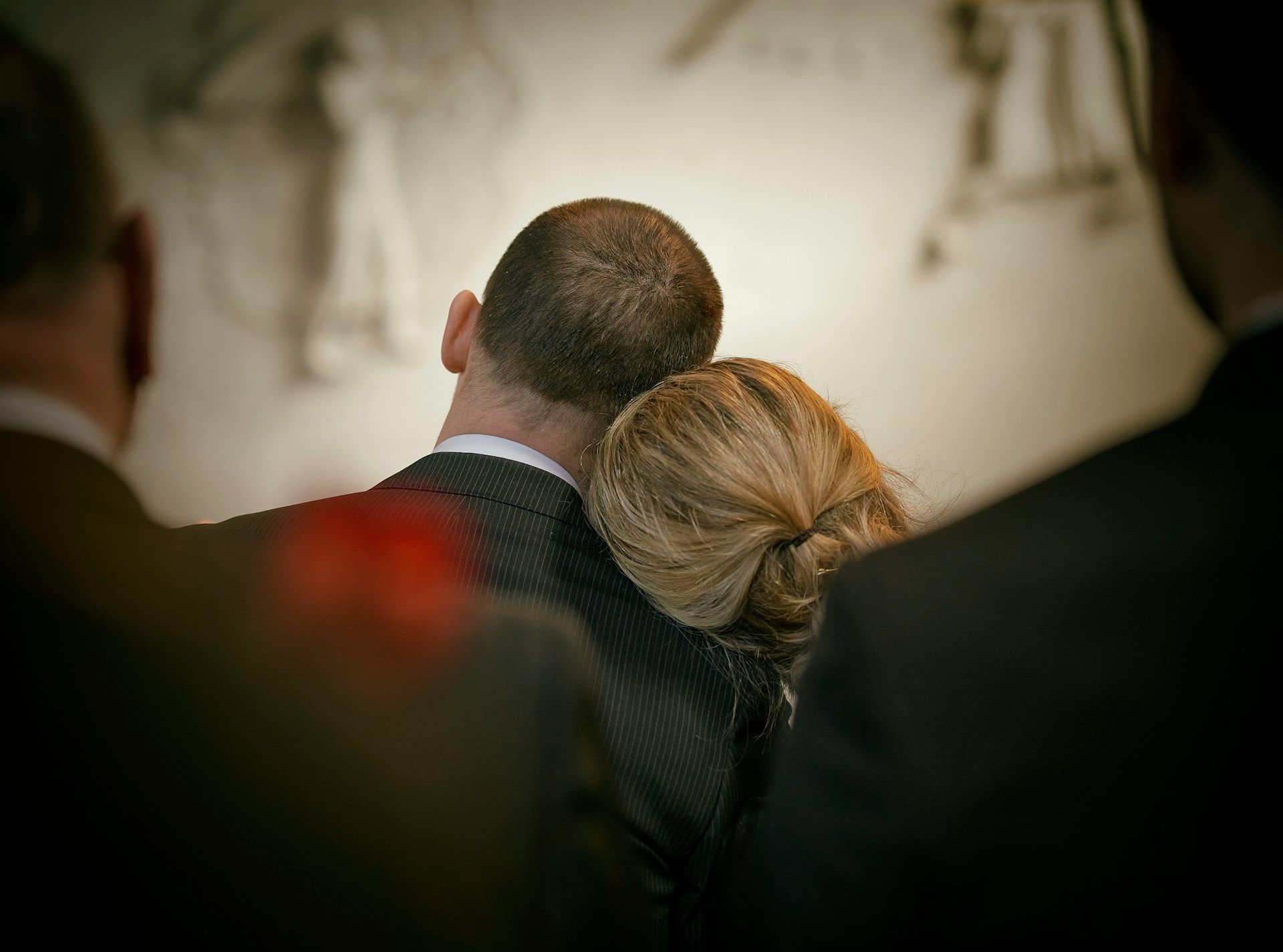All the Firsts in Grief
May, 2025
Grief doesn’t just happen once. It happens again and again in the moments you don’t expect—the spaces your person once filled, the traditions they made meaningful, and the days that come around whether you’re ready or not.
After someone you love dies, you begin to live through a year of firsts—and sometimes, the ache of those firsts feels as heavy as the loss itself.
The Firsts No One Sees
There are the obvious firsts:
The first birthday without them.
The first anniversary.
The first holiday.
But grief is also made up of quieter firsts:
- The first time you hear their favorite song in a store.
- The first time you instinctively reach for your phone to text them—then remember.
- The first time you laugh, and feel guilt in its wake.
- The first time you realize a memory is beginning to fade around the edges.
These moments can catch you off guard. You may think you’re doing “better,” only to feel suddenly knocked down by a wave of emotion. That doesn’t mean you’ve regressed. It means you loved deeply—and that love has nowhere physical to go (Bonanno & Malgaroli, 2020).
The First Year Is Not a Timeline
There’s a common myth that after a year, things should get easier. But grief isn’t on a schedule. The calendar may flip, but the absence remains. Many people find that the anticipation of the firsts is just as hard as the event itself (APA, 2023).
You might spend days—or weeks—leading up to a birthday or holiday dreading its arrival. You may feel pressure to “honor” them the right way or to hold yourself together for others. Some days you might want to be surrounded by people. Other days, solitude feels like the only safe place.
Whatever you feel—sadness, anger, numbness, even moments of peace—is allowed. You are grieving your way, not performing for anyone else's expectations.
Grief Lives in the Body
During the firsts, grief often reactivates in the body. You may feel more tired, forgetful, reactive, or unwell. The body remembers—even when the mind is trying to move forward. This is normal. Be gentle with yourself. Rest. Nourish. Soothe.
And remind yourself: this isn't forever. This is a season. A hard one. But it won’t always hurt quite this much (APA, 2023).
Making Space for Ritual and Meaning
Some people find comfort in marking the firsts with small rituals:
- Lighting a candle on their birthday
- Visiting a meaningful place
- Cooking their favorite meal
- Writing them a letter
- Creating a memory box or scrapbook
Others may choose not to mark the day at all—and that’s okay, too. There’s no wrong way to remember someone.
Creating personal meaning through ritual can offer a sense of connection and continuity, especially during emotionally charged milestones (Neimeyer, 2016). The important thing is that you do what you need, not what others expect.
A Final Thought
The firsts are hard—not because you’re doing it wrong, but because they matter. They remind you that love and loss are intertwined. They reveal how much space that person held in your world.
And as time passes, the firsts become seconds, and then thirds. The grief shifts. It doesn’t disappear—but it softens around the edges. New rhythms form. Joy returns, not as a betrayal, but as a companion to loss.
If you're walking through your firsts right now, take heart. You are not alone. Grief changes us—but it also reveals what mattered most.
And what mattered most is never truly gone.
References
American Psychological Association. (2023). Grief and loss. https://www.apa.org/topics/grief
Bonanno, G. A., & Malgaroli, M. (2020). The oldest question: Do bereavement-related challenges decline with time? Current Directions in Psychological Science, 29(6), 510–517. https://doi.org/10.1177/0963721420961217
Neimeyer, R. A. (2016). Techniques of grief therapy: Creative practices for counseling the bereaved (2nd ed.). Routledge.













